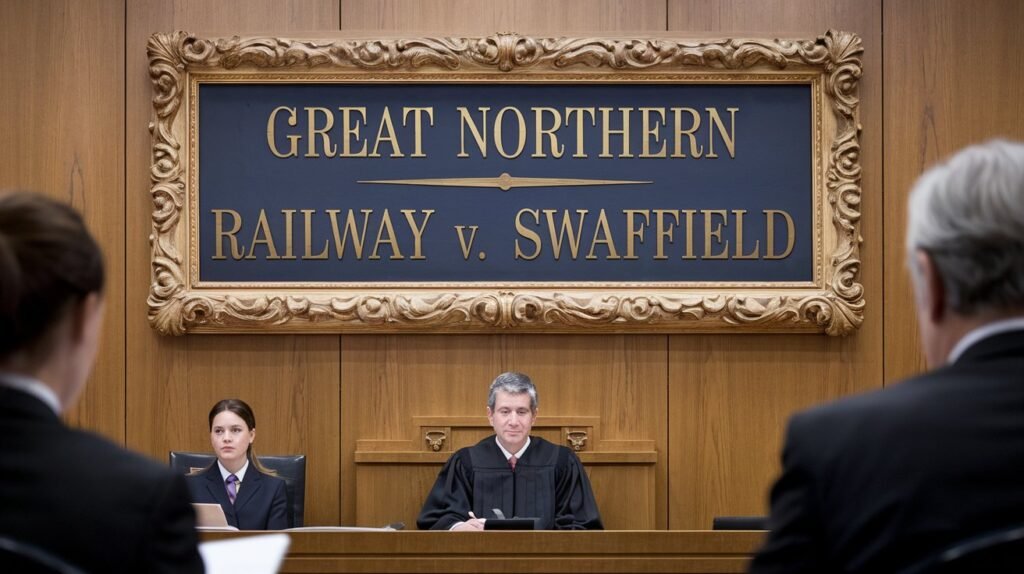FeltHouse v. Bindley 1862 (Case Summary)

A landmark case in contract law, Felthouse v. Bindley, established the rule that an offer cannot be accepted by silence. This case established the principle that mere silence cannot be considered acceptance in contract formation, reinforcing the necessity for clear communication of acceptance to form a binding agreement.
Table of Contents
ToggleFacts of FeltHouse v Bindley
- Mr. Felthouse, the plaintiff, negotiated the purchase of a horse with his nephew.
- In a letter to his nephew, Mr. Felthouse offered to pay £30 and 15 shillings for the horse. “I consider the horse mine if I hear no more about it,” he continued.
- The nephew told Mr. Bindley, the auctioneer, not to put the horse up for auction because he planned to sell it to Mr. Felthouse.
- The auctioneer (Mr. Bindley) sold the horse by mistake, even though the nephew had instructed him to do so. The auctioneer was sued by Mr. Felthouse, who claimed ownership of the horse.
Issues framed
- Whether there was a valid contract between Mr. Felthouse and his nephew for the sale of the horse?
- Whether silence can be interpreted as acceptance in the formation of contracts?
Judgment of FeltHouse v Bindley
The court relied on principles of contract law, specifically focusing on the requirement of a clear offer and acceptance to establish a binding agreement. The rule that acceptance must be communicated to the offeror was central to this case.
The court held that acceptance of an offer must be communicated clearly to the offeror. The nephew’s silence and failure to explicitly accept the offer meant no binding contract was formed. Without a valid contract, Mr. Felthouse had no legal ownership of the horse and could not claim damages against the auctioneer for selling it.
The court ruled in favor of the auctioneer, Bindley, finding no evidence of a binding contract between Mr. Felthouse and his nephew.





